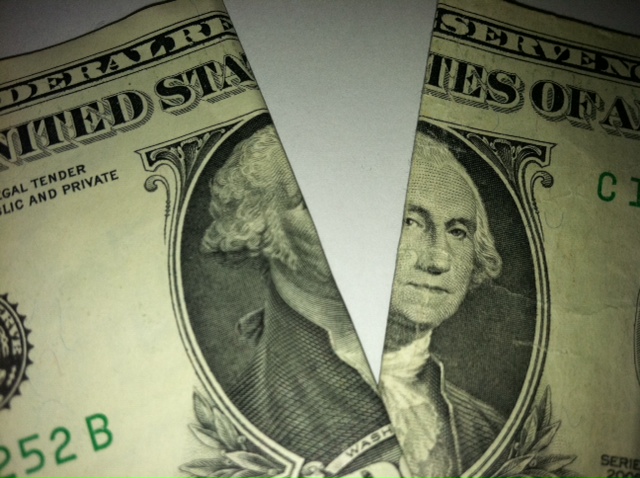Any time a major company files for an initial public offering (IPO) there will be skeptics. All companies have to cite “Risk Factors” in their IPO filings with the Securities and Exchange Commission, and these sections of the filing tend to be very long and very cookie-cutter. Now that Twitter has filed to come public, one takeaway you may not read elsewhere is that Twitter’s Risk Factors section was significantly longer than it was in the original Facebook Inc. (NASDAQ: FB) IPO filing.
24/7 Wall St. had to go in and manually strip out many items from these original S-1 filings to make the determination on an apples-to-apples basis. If you have ever read IPO filings, you know that it is no accident that the prospectus language sounds similar. In many cases the verbiage is identical.
After taking a look at the two original S-1 filings, we could not help but notice that the Risk Factors section was much longer in Twitter’s initial filing that in Facebook’s. Facebook’s Risk Factors section was 22 pages long, while Twitter’s was 32 pages long.
We then took a look at the word counts on each, using a WordPress tool. The Facebook Risk Factors had a word count of 13,914, while the Twitter Risk Factors had a word count of 20,562. We then looked at the word count using a Google Documents word count tool. Facebook’s word count was 13,993, while Twitter’s count there came to 20,724 words.
In order to come up with an apples-to-apples word count, we stripped out the page number of each page and the links for “Table of Contents” from each filing. We also stripped out the bullet formats on each. The page counts on each filing were determined by the difference in page numbers from “Risk Factors” to the “Special Note Regarding Forward-Looking Statements” in each table of contents.
The long and short of the matter is that Facebook’s Risk Factors was only about 69% the length of Twitter’s in actual pages and contained only about 68% of the total word count. So, Twitter’s Risk Factors section, all in all, is almost 50% more than Facebook’s initial filing.
We also noticed that Twitter had the same listing status as Facebook in the initial filing, in that neither initially designated whether the listing would be on the NYSE or on the Nasdaq. One admission is that the known risks may simply be more evident now, but the problem is that Facebook’s IPO had major risks in its filing, and that IPO was an absolute disaster at the time of its launch. Shares have recovered to the pricing and have gone even higher, but the actual Facebook IPO was a financial disaster for many investors. The IPO was met with a serious set of trading errors, followed by a monumental drop in the stock that ultimately took the stock down to half of its price.
So here is the question to ask: If Twitter has a much longer Risk Factors section in both words and in the number of pages, is it a “riskier IPO” than Facebook’s? We will have to let the timing and pricing of this IPO be the determining factor on that answer.
Stay tuned.
Our full Twitter IPO filing analysis is here.
Take Charge of Your Retirement: Find the Right Financial Advisor For You in Minutes (Sponsor)
Retirement planning doesn’t have to feel overwhelming. The key is finding professional guidance—and we’ve made it easier than ever for you to connect with the right financial advisor for your unique needs.
Here’s how it works:
1️ Answer a Few Simple Questions
Tell us a bit about your goals and preferences—it only takes a few minutes!
2️ Get Your Top Advisor Matches
This tool matches you with qualified advisors who specialize in helping people like you achieve financial success.
3️ Choose Your Best Fit
Review their profiles, schedule an introductory meeting, and select the advisor who feels right for you.
Why wait? Start building the retirement you’ve always dreamed of. Click here to get started today!
Thank you for reading! Have some feedback for us?
Contact the 24/7 Wall St. editorial team.




